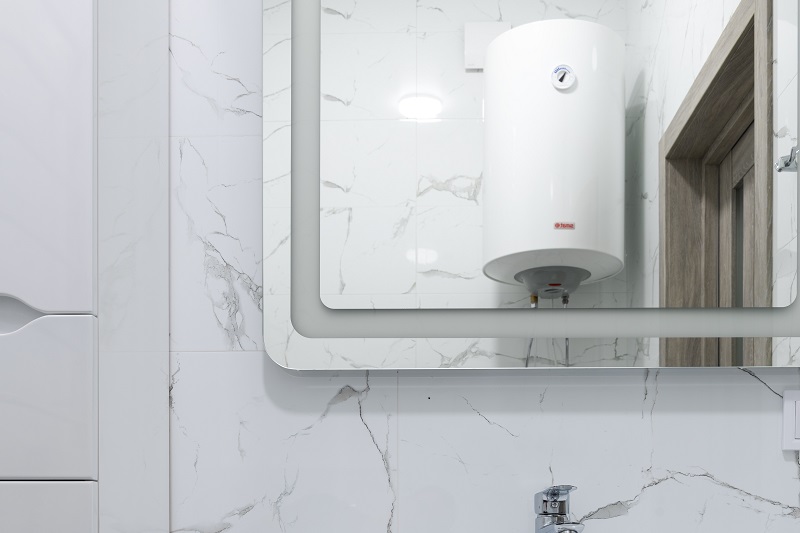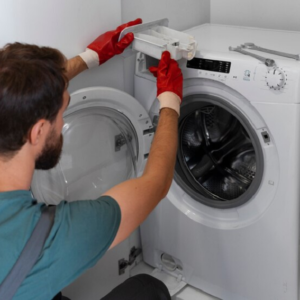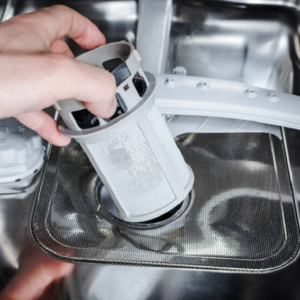Many households take their hot water cylinders for granted every day. We typically overlook them until we run out of hot water (particularly if it’s in the middle of a shower). Our Unvented Hot Water System installation crew thought they’d share some interesting facts regarding water heaters with you:
1. When Should They Be Replaced?
When it comes to Unvented Hot Water systems, there are a few telltale signals that need to be replaced. One aspect is age; if your water heater is more than seven years old, the Department of Energy recommends that you start looking for a replacement. If your hot water cylinder is leaking or you’re not receiving as much hot water as you used to, it may be failing. Slow recovery, loud operation, calcium buildup, and no hot water are further signs.
2. Water Heater Lifespan
The average lifespan of a standard Unvented Hot Water System is 10 to 15 years. This lifetime can be prolonged with proper maintenance.
3. The Crucial Role of High-Efficiency
Water heating accounts for about 15% of your total energy cost. The Department of Energy estimates that a typical household will spend $400 to $600 per year on hot water and consume 64 gallons per day. A high-efficiency Unvented Hot Water System is beneficial since it reduces the quantity of energy used, lowering your energy expenditures.
4. The original Model
A painter discovered how to heat cold water by installing gas burners in the bottom section of the water pipes in London in 1868, and the notion of any water heater was born. This prompted Edwin Ruud, a Norwegian mechanical engineer, to create the first tank-type hot-water heater and bring the idea to Pittsburgh, Pennsylvania.
5. A Greener Alternative
Geothermal solutions can help you become green by replacing your standard Unvented Hot Water System. Geothermal energy heats your water by utilizing the earth’s heat.
6. How Can It Be Made More Efficient?
Maintaining your hot water cylinder regularly is a simple method to improve its efficiency. As previously indicated, regular maintenance will extend the lifespan. Water should be flushed out of your tank regularly, and anode rods should be replaced.
7. Water Heater Efficiency at the Present
An Energy Efficiency Rating, also known as an Energy Factor, is assigned to each water heater. The Energy Factor of a water heater is an estimate of its efficiency when operating for 24 hours under specified settings. The Energy Factor is calculated by the Department of Energy by conducting a simulated use test on each type of water heater. When compared to normal goods of the same fuel type, a water heater cylinder with a higher Energy Factor rating consumes less energy when expressed as a decimal.




